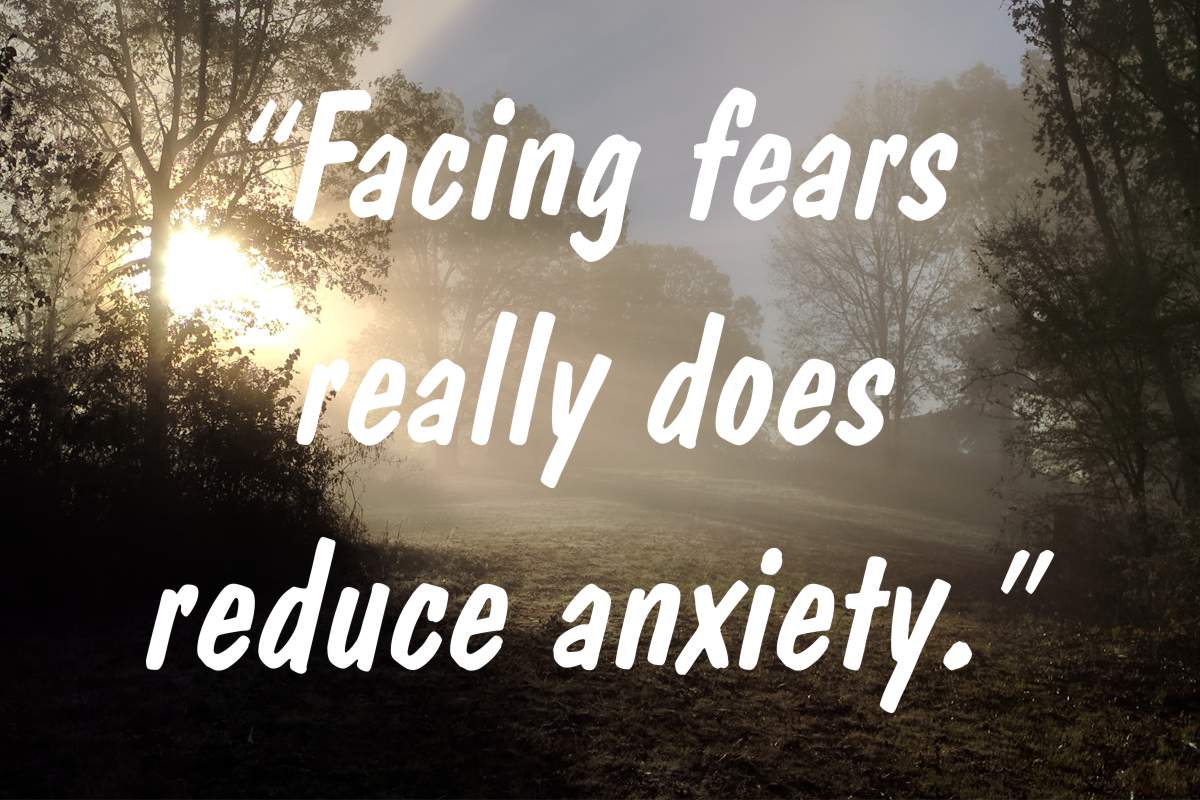










Popular Articles
Crazy-Makers: Dealing with Passive-Aggressive People
Why Are People Mean? Don't Take It Personally!
Struggling to Forgive: An Inability to Grieve
The Secret of Happiness: Let It Find You (But Make the Effort)
20 Steps to Better Self-Esteem
7 Rules and 8 Methods for Responding to Passive-aggressive People
What to Do When Your Jealousy Threatens to Destroy Your Marriage
Guide to How to Set Achieveable Goals
Catastrophe? Or Inconvenience?
Popular Audios
Audio Version of Article: Crazy-Makers: Passive-Aggressive People
Audio Version of Article: Why Are People Mean? Don't Take It Personally!
PsychNotes May 2018
by Monica A. Frank, Ph.D.
Clinical and Sport Psychologist

Index
Previous
Next
What Can We Learn about Perception from Yanny and Laurel?
By now you have surely heard the “Yanny vs. Laurel” debate on the internet. It can actually teach us something about perception and human differences. It amuses me how so many people are getting “freaked out” by this and/or attributing all sorts of nefarious explanations to it (i.e. mind control). Others are arguing with one another about which word is correct. This is a good example of the limits of perception and how we can thoroughly believe something is true when others can believe the opposite.
When I took a perception and psychology course in college my take-away from it is that nothing is real and everything is perception. For instance, a table is made up of atoms that are primarily space so a table has more space in it than matter, yet we perceive it as solid.
The reason everything is perception is that our experience of the world has to be filtered through our five senses which have their limitations. For example, we all have a blind spot in our visual field where the optic nerve connects to the retina. Yet, we never see the blind spot because our brain fills in what it thinks should be there. You can Google this to find out how to see the blind spot. Read more...

15 Coping Statements for Panic and Anxiety
Coping statement #15: “Facing fears really does reduce anxiety”
The natural, evolutionary instinct is to avoid something that causes anxiety. The reason this is so is due to survival. The history of the human race was fraught with peril so we developed instincts that warned us of potential harm. As a result, we could run away from the danger or prepare ourselves to fight. Our first instinct is to run away if possible. Even in karate training I was taught, “If you have the option to escape, take it.”
Yet, for our irrational anxieties, the anxiety becomes worse when we avoid what we fear. Research in behavioral therapy has shown repeatedly that anxiety reduces when fear is faced. But to face fear means having to resist our natural instinct which is a challenge for most people.
It takes training and repetition to resist our natural inclinations. For instance, to use a karate example again, if someone grabs your arm aggressively most people will try to pull away. But when you do so, the person initiating the grab has leverage. The most effective response is to go towards the person which throws them off balance and gives you the advantage. Just knowing this, however, doesn't change the response when it happens. As my karate instructor explained,”After you have practiced it a few thousand times, it will become instinctual.” Read more...














